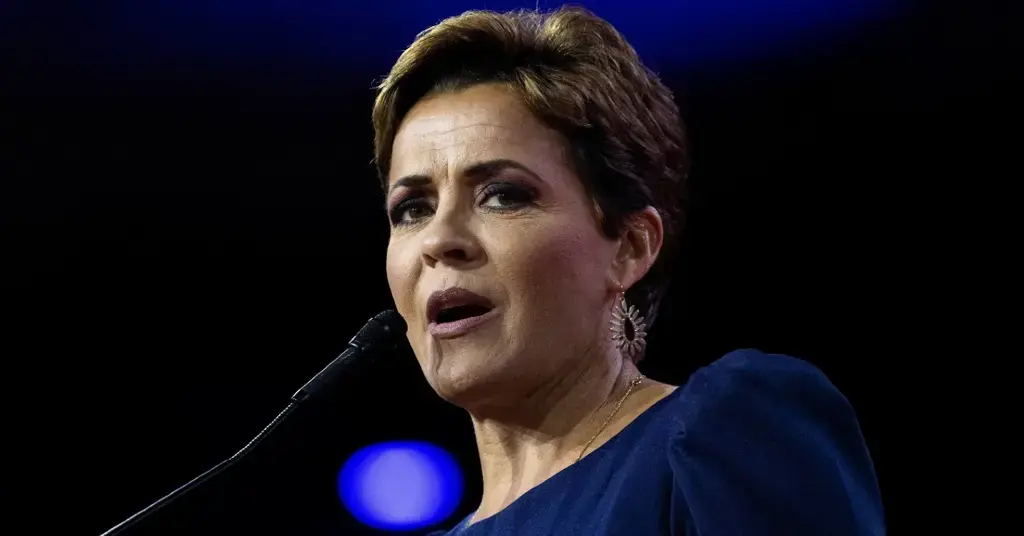Experts to lead AI Safety Summit preparations as new funding announced to modernise healthcare
- Leading tech and diplomacy experts appointed to coordinate landmark global talks on safe use of artificial intelligence ahead of UK summit later this year
- first major international summit of its kind will be hosted in the UK and include country leaders, tech companies and academics
- announcement comes as £13 million is granted to revolutionise AI healthcare research in the UK
Two leading experts have been appointed to spearhead preparations for the UK to host the first major international summit of its kind on the safe use of artificial intelligence, as the Technology Secretary Michelle Donelan announces £13 million to transform healthcare research.
Matt Clifford, CEO of Entrepreneur First and Chair of the Advanced Research and Invention Agency, and Jonathan Black, Heywood Fellow at the Blavatnik School of Government at the University of Oxford and former UK G7 and G20 Sherpa and Deputy National Security Adviser, will be charged with rallying leading AI nations, companies and experts, ahead of the event in the UK this autumn.
Bringing a wealth of skills, they’ll serve as the Prime Minister’s representatives, coordinating and galvanising efforts to make sure the summit results in the development of a shared approach to mitigating the risks of AI. Matt is one of the only private sector representatives to be appointed to this kind of diplomatic role.
The announcement comes as the Technology Secretary visited University College London (UCL) to announce £13 million is to be channelled into research that will deliver cutting-edge AI innovation in healthcare, with 22 winning university and NHS trust projects stretching from Edinburgh to Surrey set to receive a share.
The cash boost will support everything from the development of a semi-autonomous surgical robotics platform for the removal of tumours, to the ability to predict the likelihood of a person’s future health problems based on their existing conditions – showcasing the real-world impact artificial intelligence is having.
Technology Secretary, Michelle Donelan, said:
The UK has a proud history of demonstrating diplomatic leadership on the most important issues of the day and Matt and Jonathan’s experience and expertise means that they are perfectly placed to lay the groundwork ahead of talks this year on safe and responsible AI.
We’re already a leading nation when it comes to artificial intelligence – and this summit will help cement our position as the home of safe innovation.
By leading on the international stage, we will improve lives at home. AI will revolutionise the way we live, including our healthcare system. That’s why we’re backing the UK’s fantastic innovators to save lives by boosting the frontline of our NHS and tackling the major health challenges of our time.
Foreign Secretary, James Cleverly, said:
Artificial intelligence will fundamentally alter every aspect of human life. As AI rapidly evolves, we need a global approach that seizes the opportunities that AI poses while grasping the challenges and minimising the risks.
No country will be untouched by AI, so with the support of our two expert representatives, the UK is proud to play a leadership role in the global effort to address the challenges and opportunities of AI.
The multi-million-pound funding will see more than £500,000 go to the University College London’s Centre for Interventional and Surgical Sciences, which the Secretary of State will visit to see how the early development of this technology could revolutionise surgery for one of the most common types of brain tumour.
The project will develop a real-time AI ‘assisted decision support framework’ to improve surgical outcomes, including avoiding complications following surgery and shortening recovery time for patients.
Further winning projects include those led by:
University of Sheffield: £463,000 to carry out an external validation of an approach that could lead to much wider, effective treatment of chronic nerve pain, which affects one in ten adults over 30.
University of Oxford: £640,000 to accelerate research into a foundation AI model for clinical risk prediction which could determine the likelihood of future health problems based on an individual’s existing conditions.
Heriot-Watt University in Edinburgh: £644,000 to develop a system that assists trainee surgeons to practice laparoscopy procedures – commonly known as keyhole surgery – with real-time feedback on their movements.
University of Surrey: £456,000 will see researchers work closely with radiologists to develop AI that improves the mammogram analysis process and could allow radiologists to join the clinical force earlier in their careers – boosting the numbers of cancer specialists.
Health and Social Care Secretary, Steve Barclay, said:
AI can help the NHS improve outcomes for patients, with breakthroughs leading to earlier diagnosis, more effective treatments, and faster recovery. It’s already being used in the NHS in a number of areas, from improving diagnosis and treatment for stroke patients to identifying those most at risk of a heart attack.
This funding is yet another boost to help the UK lead the way in healthcare research. It comes on top of the £21 million we recently announced for trusts to roll out the latest AI diagnostic tools and £123 million invested in 86 promising tech through our AI in Health and Care Awards.
With the final dates to be confirmed shortly, the AI safety summit will consider the risks of AI, especially at the frontier of development, and discuss how they can be mitigated through internationally coordinated action. It will also provide a platform for countries to work together on further developing a shared approach to mitigate these risks.
The UK is well-placed to convene discussions on the future of AI as a world-leader in AI – ranking third behind the US and China. Britain’s AI sector already contributes £3.7 billion to the UK economy and employs 50,000 people across the country.
The UK was one of the first leading nations to set out a blueprint for the safe and responsible development of AI, which will be adaptive to the speed of advances in this technology. Earlier this year the UK also launched an expert taskforce to help build and adopt the next generation of safe AI, backed by an initial £100 million of funding, alongside a commitment to spend £900 million developing compute capacity, including an exascale supercomputer in the UK.
Notes to editors
The UK’s AI Safety Summit will take place this year and was pledged by Prime Minister Rishi Sunak in June.
It is the first global AI safety summit that is focused on frontier systems in AI.
The £13 million funding is part of the UKRI Technology Missions Fund announced in the Science and Technology Framework, to support AI innovation to accelerate health research.
Matt Clifford will be carrying out his role as the Prime Minister’s Representative in a separate capacity to Chair of ARIA.



